The early years of a child’s life are filled with extraordinary growth and discovery. During this time, children move through unique developmental phases known as sensitive periods – windows of time when they are especially eager and biologically prepared to learn specific skills. These periods are not just fascinating insights into how children grow—they are powerful opportunities that, when recognized and supported, can shape a child’s abilities, confidence, and lifelong love of learning.
Dr. Maria Montessori, a pioneer in early childhood education, observed that children go through these sensitive periods where they show deep, spontaneous interest in certain aspects of their environment. Whether it’s language, movement, or social behavior, children engage with these areas repeatedly and joyfully—often without needing direct instruction or motivation.
What Are Sensitive Periods in Montessori?
Sensitive periods are unique windows of opportunity in a child’s development when they are especially receptive to learning certain skills or knowledge. During these times, children are drawn—almost irresistibly—to specific activities or experiences. They focus intently, repeat actions joyfully, and absorb information almost effortlessly.
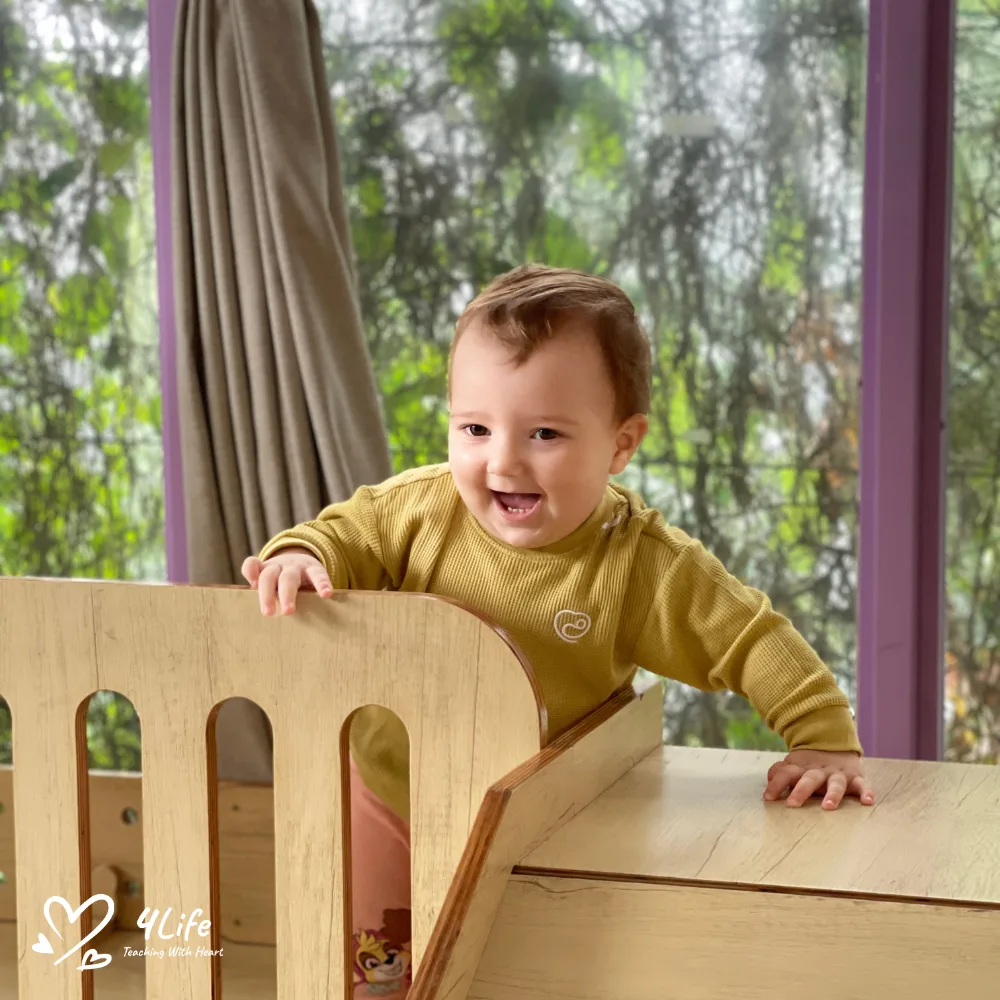
According to Montessori, sensitive periods are unique windows of opportunity in a child’s development.
For example, during the sensitive period for language (from birth to around age six), children naturally pick up words, pronunciation, and sentence structure simply by listening to the people around them. That’s why a toddler can learn multiple languages with ease—something that is far more difficult for most adults.
Xem thêm:
Why Are Sensitive Periods So Important in Montessori Approach?
These sensitive periods don’t last forever. Once a sensitive period passes, learning the same skill is still possible—but it often requires more effort, time, and repetition. That’s why timing matters: providing the right experiences at the right moment can make a lasting impact on your child’s development.
Neuroscientific research shows that the brain forms lasting connections during these periods, creating a “stable landscape” that supports future learning, behavior, and emotional well-being.
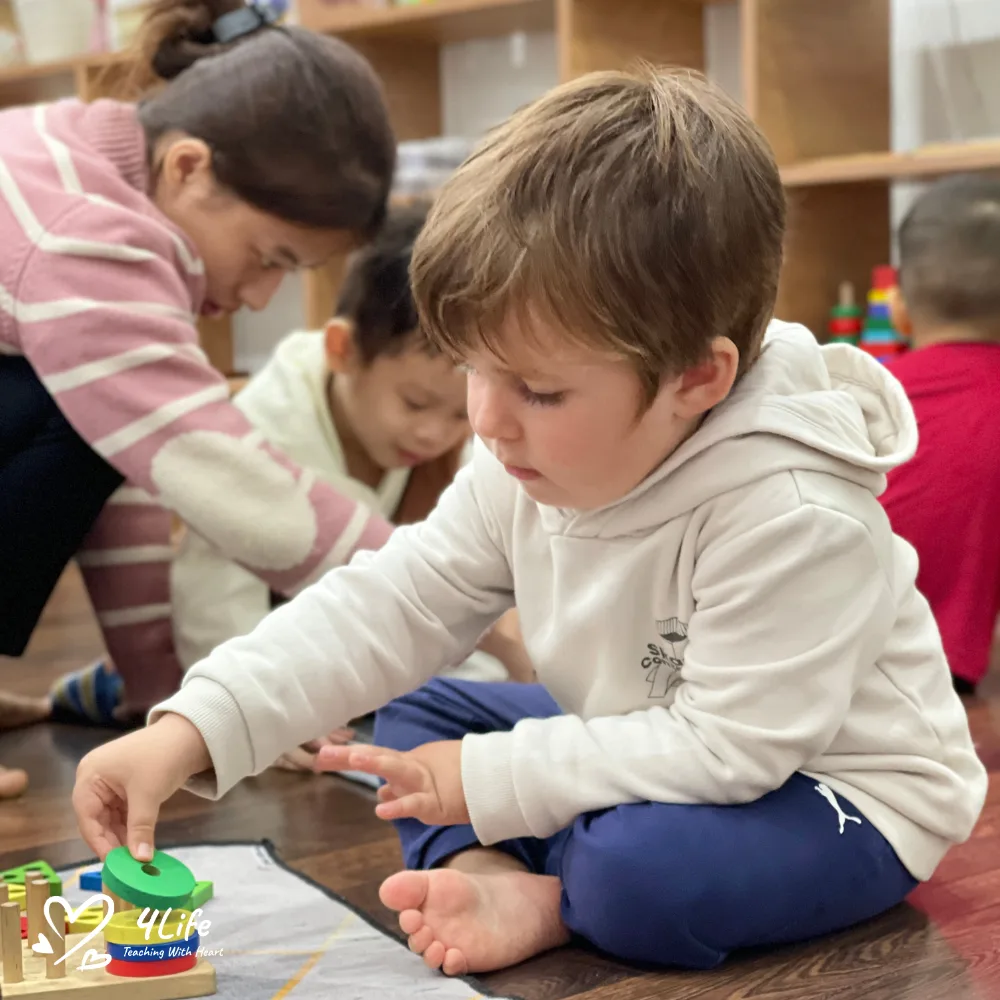
The sensitive periods don’t last forever.
Key Sensitive Periods from Birth to Age Six According to Montessori
Each sensitive period is a unique, unrepeatable opportunity. When adults understand and respond at the right moment, children not only learn more quickly, they learn with joy, curiosity, and a deep sense of accomplishment. These early experiences lay a strong foundation for a lifelong love of learning.
- Movement ( Birth – 1 year): Your baby learns to control their body: reaching, crawling, walking.
- Small Objects (1 – 4 years): Children closely observe tiny details and eagerly handle small objects with their hands.
- Language (Birth – 6 years): Rapid development of vocabulary, pronunciation, and speech.
- Toileting (18 months – 3 years) : Children begin to gain control of their bladder and bowel movements.
- Order (6 months – 4 years): A strong preference for routines, consistency, and organization.
- Music (2 – 6 years): Interest in rhythm, melody, pitch, and musical expression.
- Grace & Courtesy (2 – 6 years): Children enjoy imitating polite behavior and social interactions.
- Sensory Exploration (2 – 6 years): Heightened interest in touch, smell, taste, sound, and sight.
- Reading (3 – 5 years): Natural attraction to letters, phonics, and sounding out words.
- Writing (3 – 4 years): Early efforts to draw or write letters, often before reading.
- Mathematics (4 – 6 years): Children begin exploring numbers, quantities, and patterns.
- Spatial Relationships (4 – 6 years): Interest in puzzles, shapes, and spatial problem-solving.
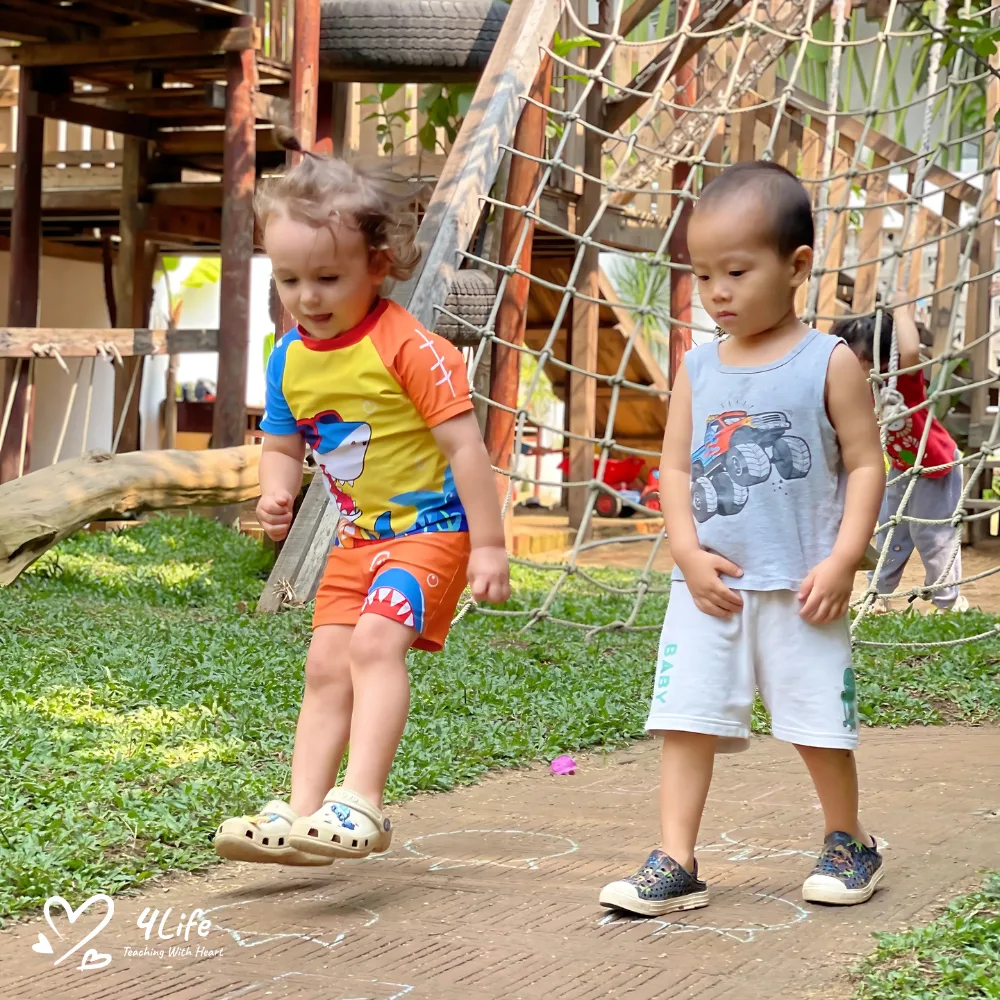
The early experiences lay a strong foundation for a lifelong love of learning.
At 4Life, our teachers are specially trained to observe, recognize, and respond to each child’s sensitive periods. We create a prepared environment that encourages children to explore at their own pace, with the freedom to pursue their interests while being gently guided by skilled educators.
By aligning learning opportunities with your child’s natural developmental rhythm, we not only help them gain skills more easily, but we also nurture their independence, curiosity, and confidence.

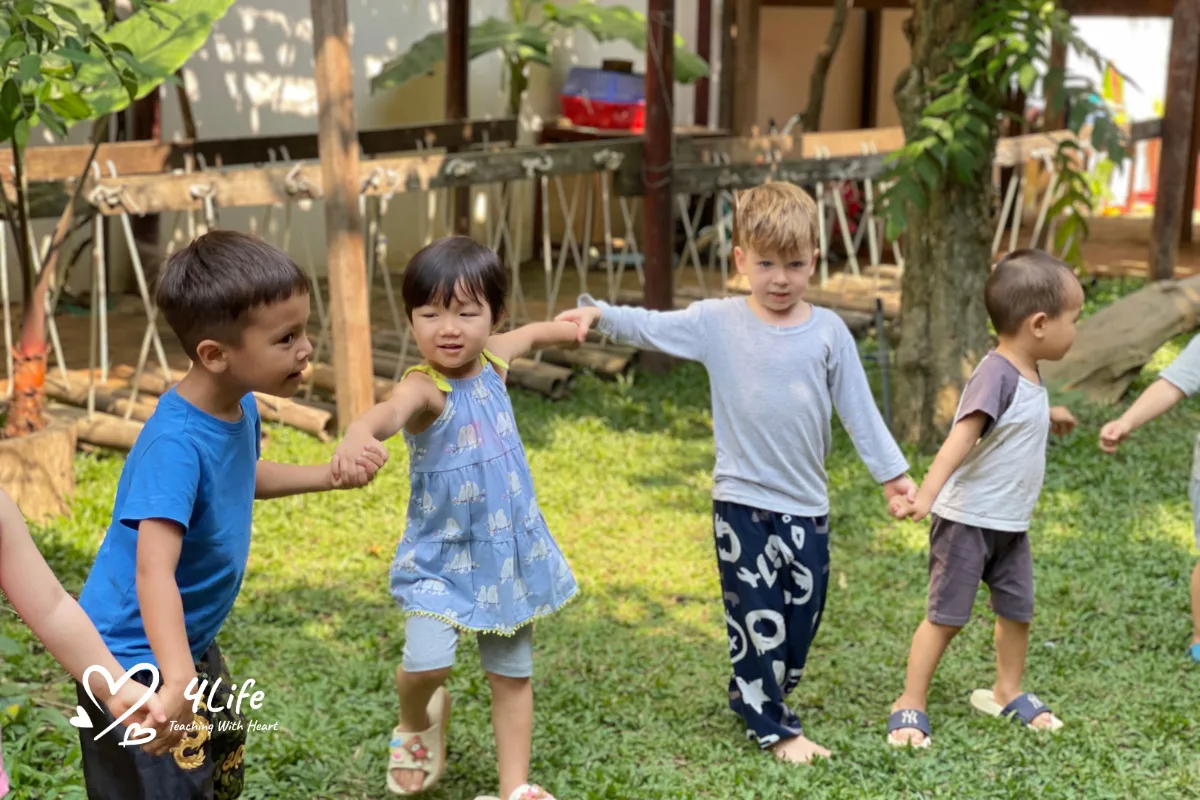
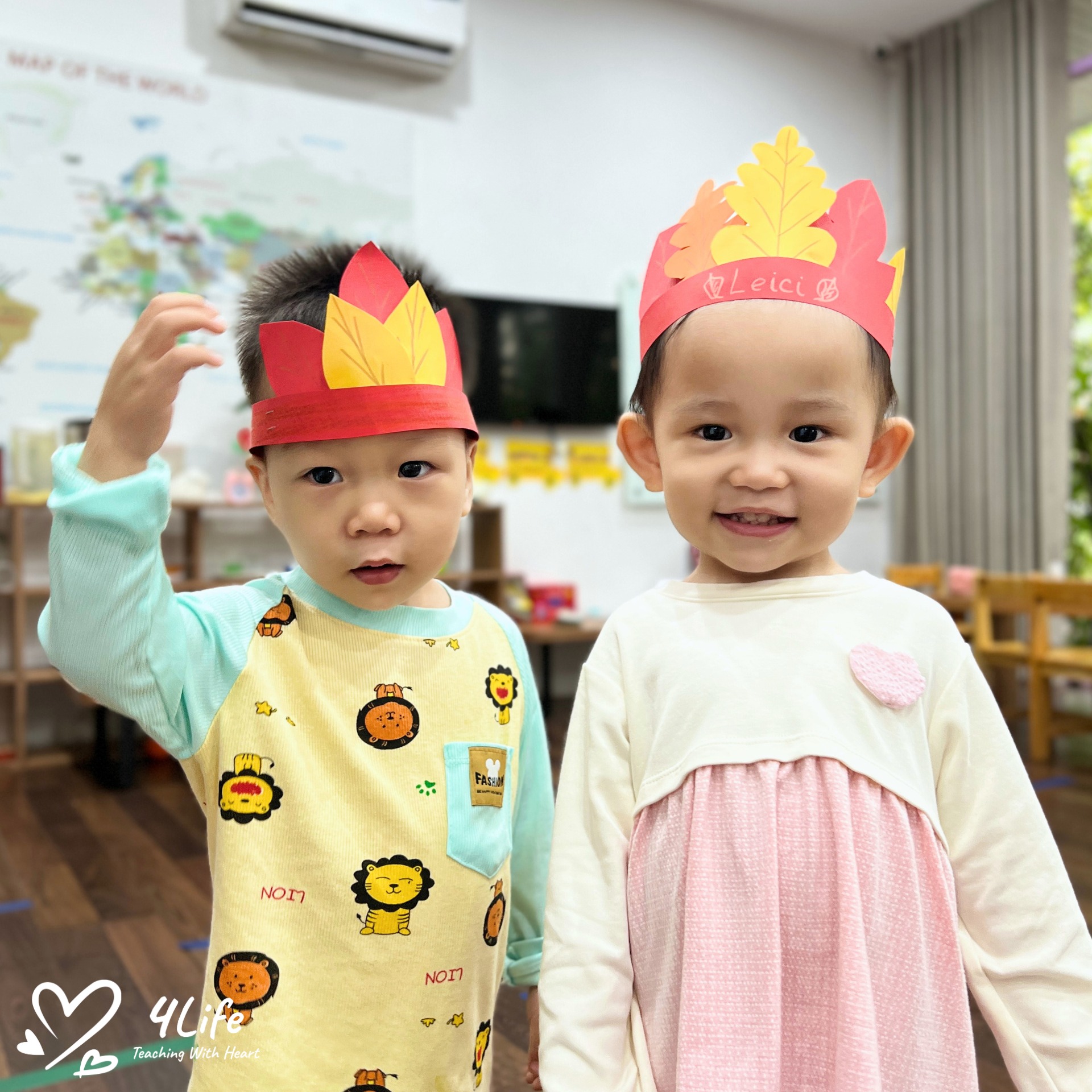
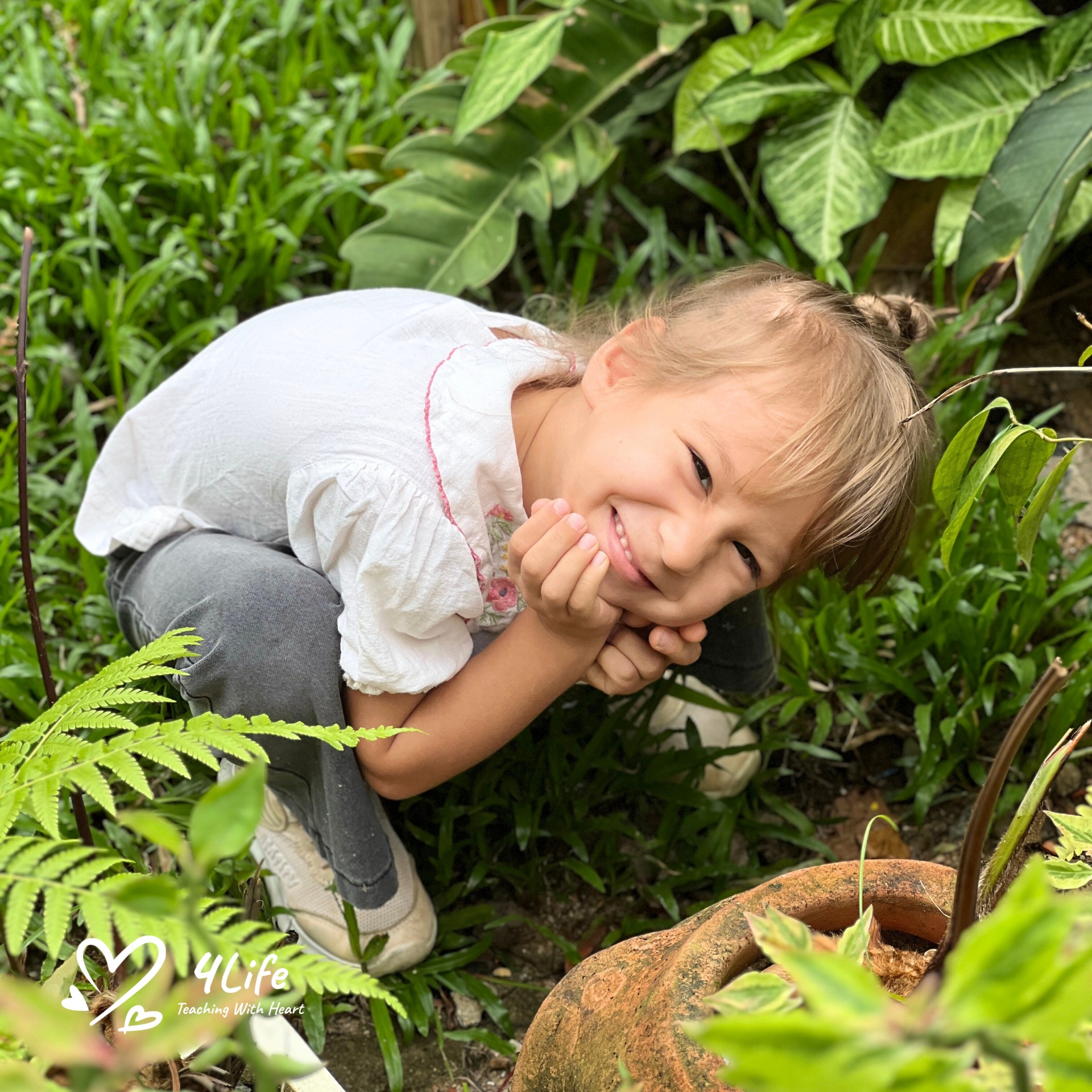
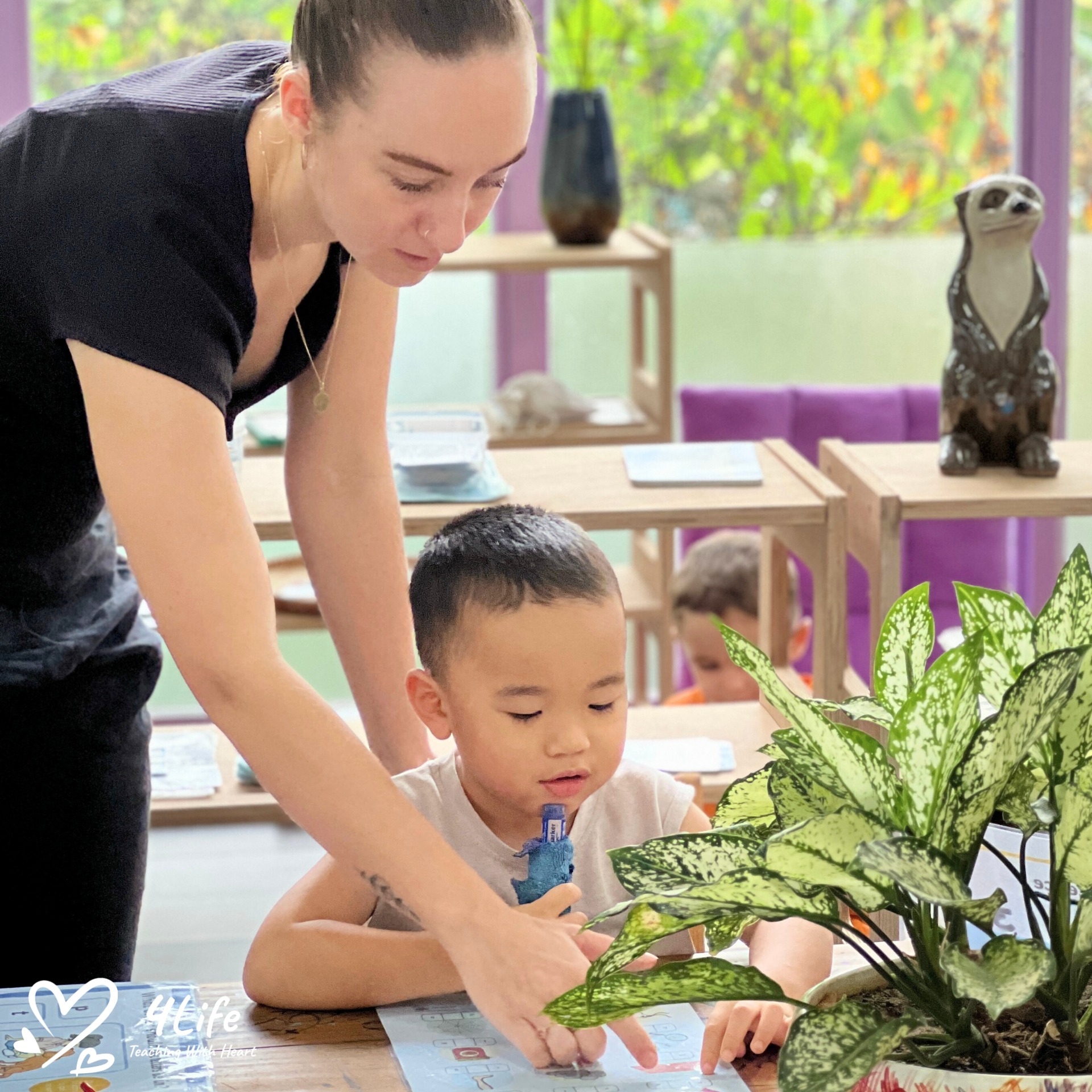
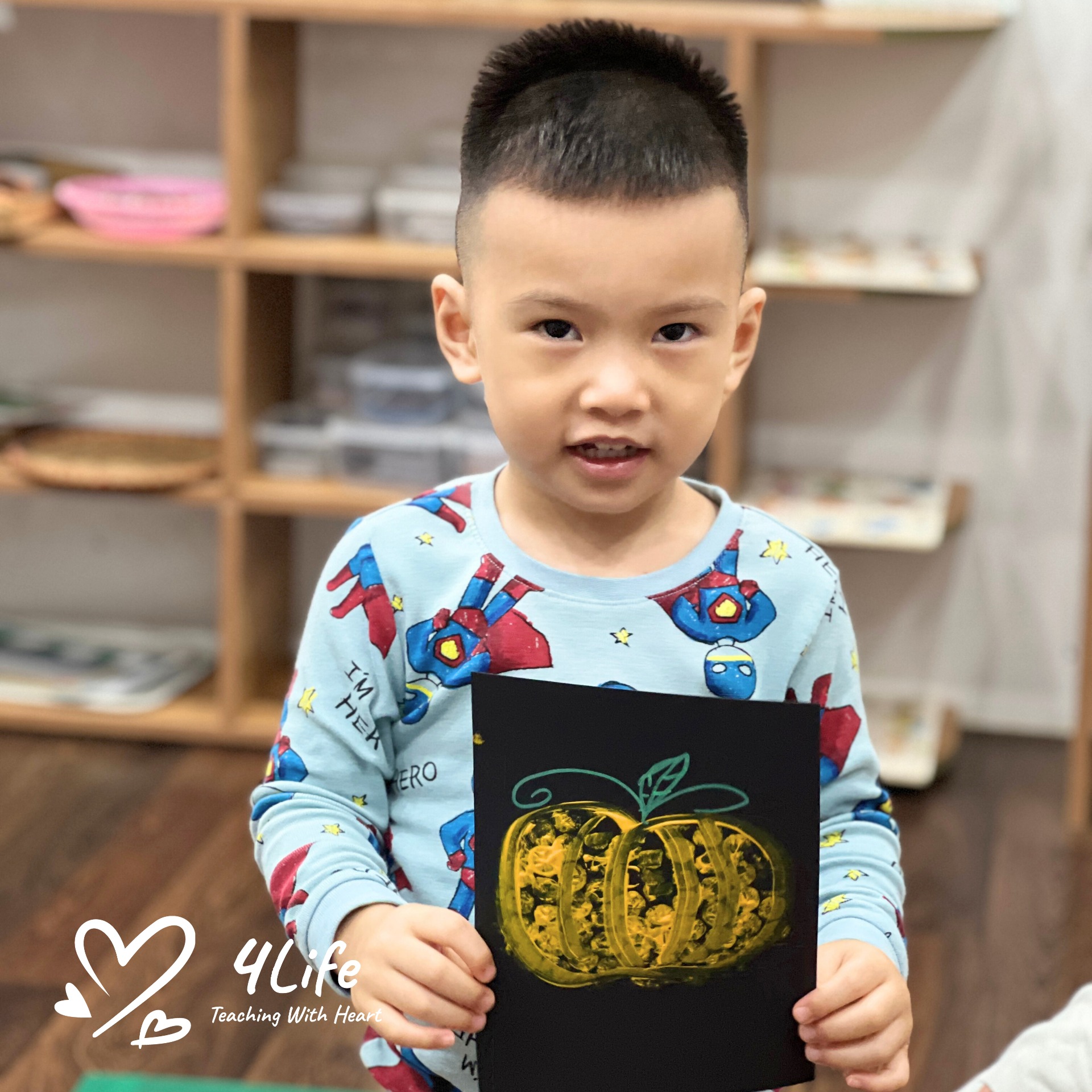
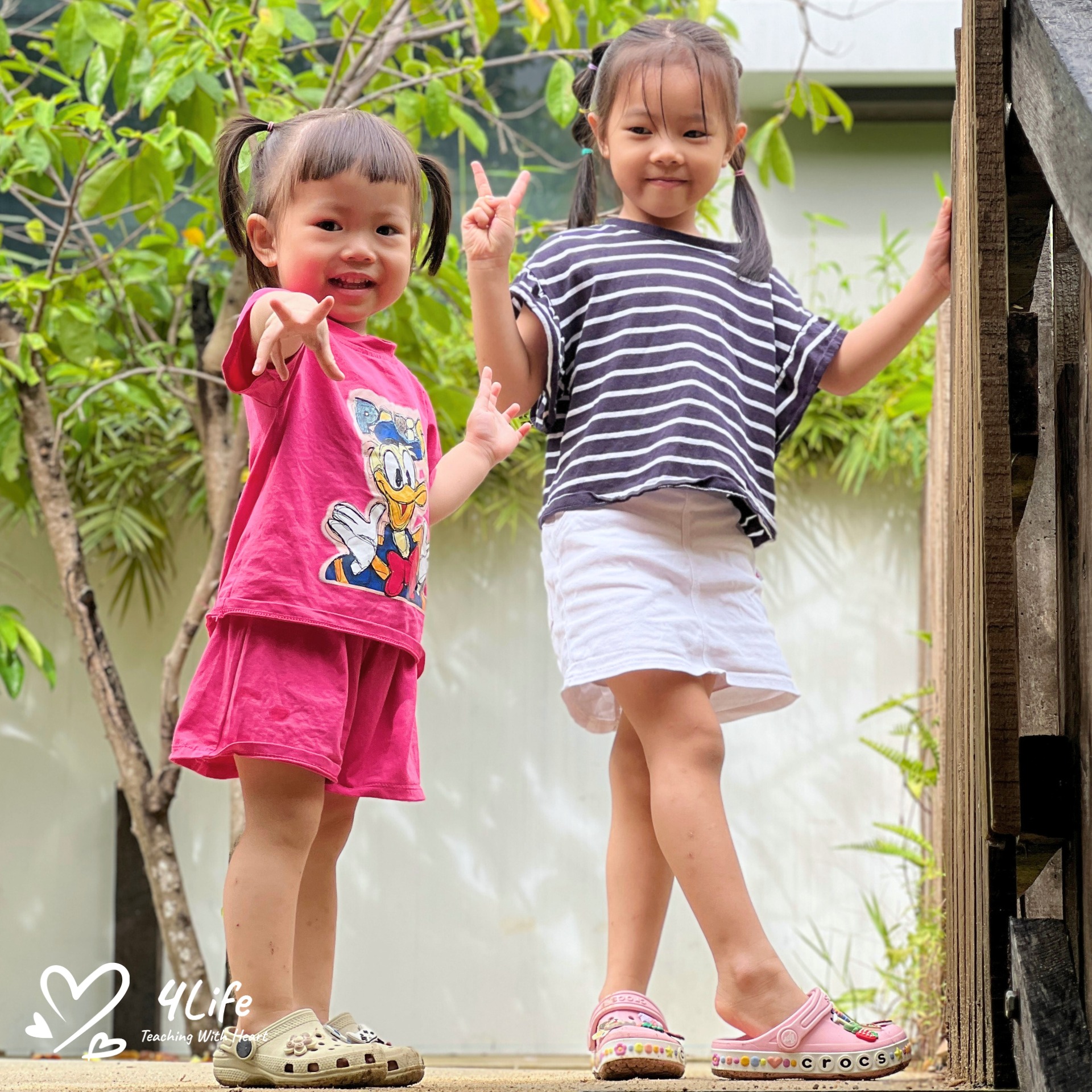
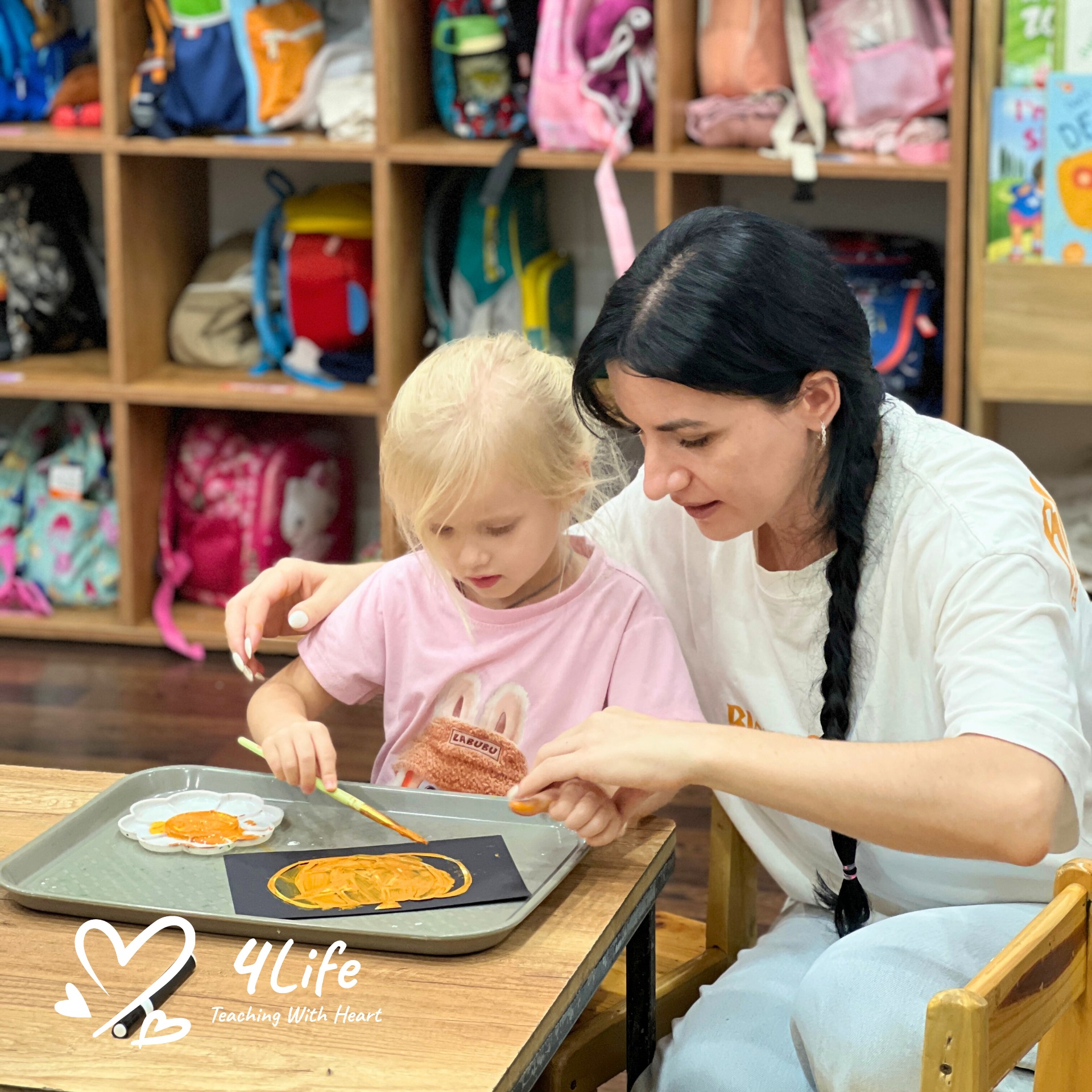
0 Comments